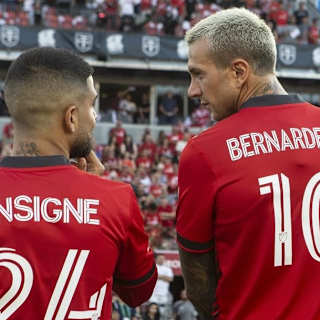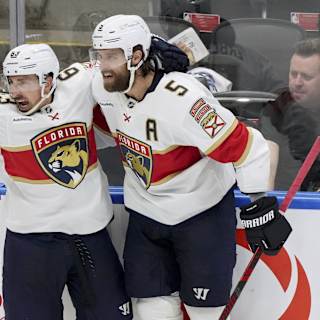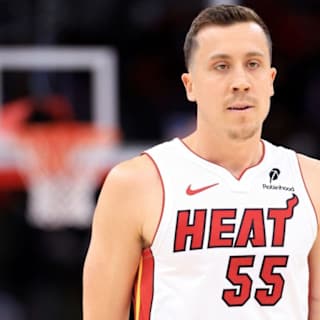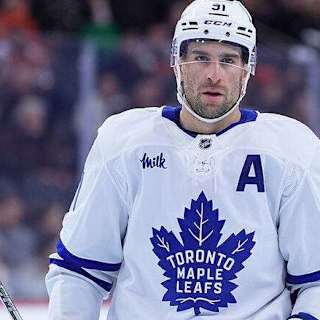- A Lucrative Retirement Plan
- The Bernie Madoff Connection
Bobby Bonilla collected his annual $1.19 million check from the New York Mets today, marking the 14th consecutive year the 61-year-old former outfielder has received the payment for a season he never played. The ritual, which has become known as "Bobby Bonilla Day" among baseball fans, will continue until 2035, when Bonilla turns 72.
Since payments began in 2011, Bonilla has collected approximately $16.7 million from the Mets—nearly three times the original $5.9 million the team deferred in 2000. The annual payout of $1,193,248.20 makes Bonilla one of the highest-paid former players in sports, earning more than several current MLB stars.
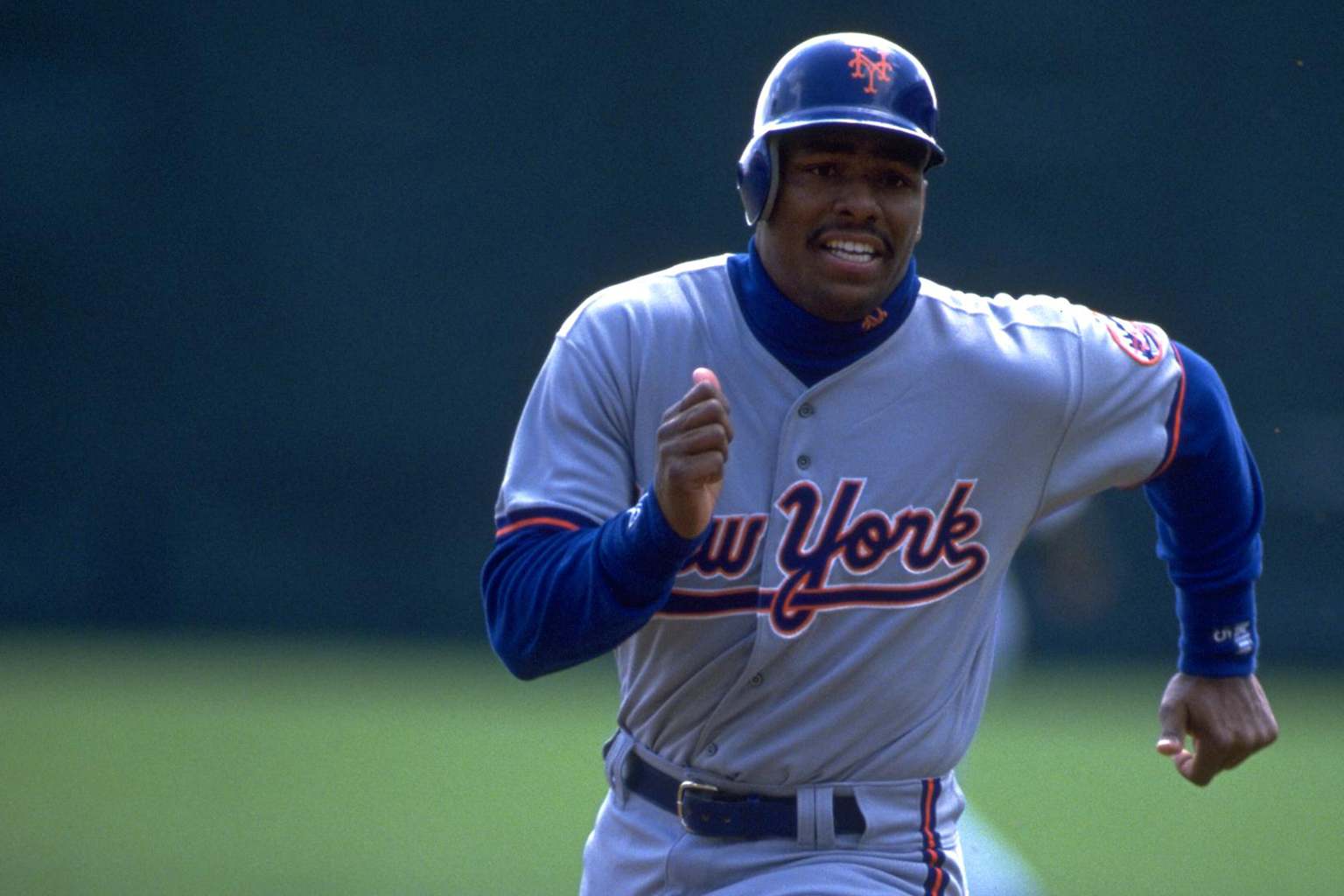
Bonilla's 2025 payment exceeds the salaries of promising young players like Pete Crow-Armstrong ($771,000), Paul Skenes ($875,000), and James Wood ($764,600), according to ESPN research12. The arrangement has made July 1 a cultural phenomenon in baseball, with Mets owner Steve Cohen embracing the annual tradition and considering formal celebrations at Citi Field3.
"It's kind of become like my birthday so to speak," Bonilla told the New York Post last year4. "I don't think people know the exact date of my birthday, but they certainly know when this deferred comp comes in."
The deal represents a broader trend in baseball's financial landscape. Shohei Ohtani's record $700 million contract with the Los Angeles Dodgers includes $680 million in deferred payments, which he'll receive from 2034 to 204315. Other players with deferred arrangements include Chris Davis, who will collect $59 million from the Orioles through 2037, and Max Scherzer, receiving $105 million from the Nationals through 20282.
The Mets' decision to defer Bonilla's contract stemmed from their investment in Bernie Madoff's Ponzi scheme. In 2000, team ownership believed Madoff's promised double-digit returns would easily cover the 8% interest rate negotiated with Bonilla12. When Madoff's scheme collapsed, what seemed like financial cleverness became a cautionary tale.
Bonilla last played for the Mets in 1999, batting .160 with four home runs in 60 games3. Rather than pay his $5.9 million salary for the 2000 season, the team structured the buyout as 25 annual payments beginning in 20111.
The former All-Star also receives $500,000 annually from a separate deferred deal with the Baltimore Orioles, making July 1 particularly profitable in the Bonilla household2. His arrangement has inspired similar financial planning among athletes across sports, turning what began as a team's attempt to manage cash flow into a template for long-term financial security.
